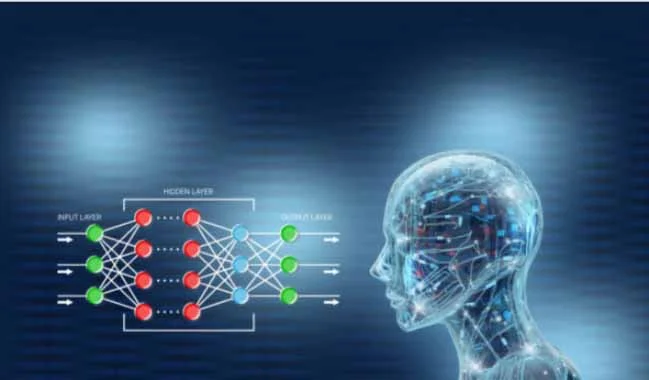How Data Science and Artificial Intelligence Work Hand in Hand
When it comes to the fast-paced world of technology, two buzzwords often pop up – Data Science and Artificial Intelligence (AI). These two fields have seen exponential growth in recent years, revolutionizing industries and transforming the way we live and work. In this article, we’ll delve into the intricacies of how Data Science and Artificial Intelligence work together, leveraging their combined power to drive innovation and create value. Whether you’re a business owner, a data enthusiast, or simply curious about the tech landscape, this article will shed light on the interplay between data science and AI.
The Role of Data Science
Before we explore the synergy between Data Science and Artificial Intelligence, it’s crucial to understand Data Science itself. Data Science involves extracting insights and knowledge from large volumes of structured and unstructured data. It combines various disciplines, including statistics, machine learning, and data visualization, to make data-driven decisions and predictions.
In the context of data science, the first step is data collection. This can involve gathering information from various sources, such as databases, APIs, or even the web. Once the data is collected, it is cleaned, processed, and transformed into a suitable format for analysis.
Data analysis is at the core of data science. Exploratory data analysis techniques, statistical modeling, and predictive analytics are used to uncover patterns, trends, and correlations in the data. These insights then enable businesses and organizations to make informed decisions, optimize processes, and identify opportunities for growth.
The Power of Artificial Intelligence
While data science focuses on extracting value from data, artificial intelligence takes it a step further by creating systems that can replicate human intelligence and perform tasks that traditionally required human intervention. AI systems can learn from data, adapt to new information, and make decisions or predictions with minimal human intervention.
Machine Learning, a subset of AI, plays a pivotal role in this process. By training models with historical data, machine learning algorithms can uncover complex patterns and make accurate predictions or classifications. These models then generalize their learning to new data, allowing businesses and organizations to automate processes, streamline operations, and deliver personalized experiences.
Natural Language Processing (NLP) is another aspect of AI that enables computers to understand and interact with human language. NLP powers virtual assistants, chatbots, and language translation, making human-computer interaction more intuitive and seamless.
The Convergence of Data Science and AI
Now that we have a basic understanding of both data science and AI, let’s explore how they work hand in hand. Data science provides the foundation for AI by curating and preparing data for analysis. The insights derived from data science fuel the development and training of AI models, enabling intelligent systems to make informed decisions and take actions.
Without data science, AI would lack the necessary fuel to function effectively. Similarly, without AI, data science would be limited to manual analysis, hindering its ability to scale and make real-time predictions. The synergy between data science and AI amplifies their individual capabilities, leading to enhanced performance and improved outcomes.
Organizations across various sectors are leveraging this synergy to drive innovation. From healthcare to finance, retail to manufacturing, AI-powered data solutions are transforming industries, helping businesses gain a competitive edge, and improving the lives of individuals.
In Summary
Data Science and Artificial Intelligence are two sides of the same coin, working hand in hand to unlock the true potential of data. Data science provides the necessary foundation, extracting actionable insights from vast volumes of data. Artificial Intelligence, on the other hand, leverages these insights to create intelligent systems that can learn, adapt, and make decisions autonomously.
Together, Data Science and Artificial Intelligence have immense potential to shape the future. Businesses, individuals, and entire industries stand to benefit from their combined power, enabling us to solve complex problems, drive innovation, and transform the way we live and work.

